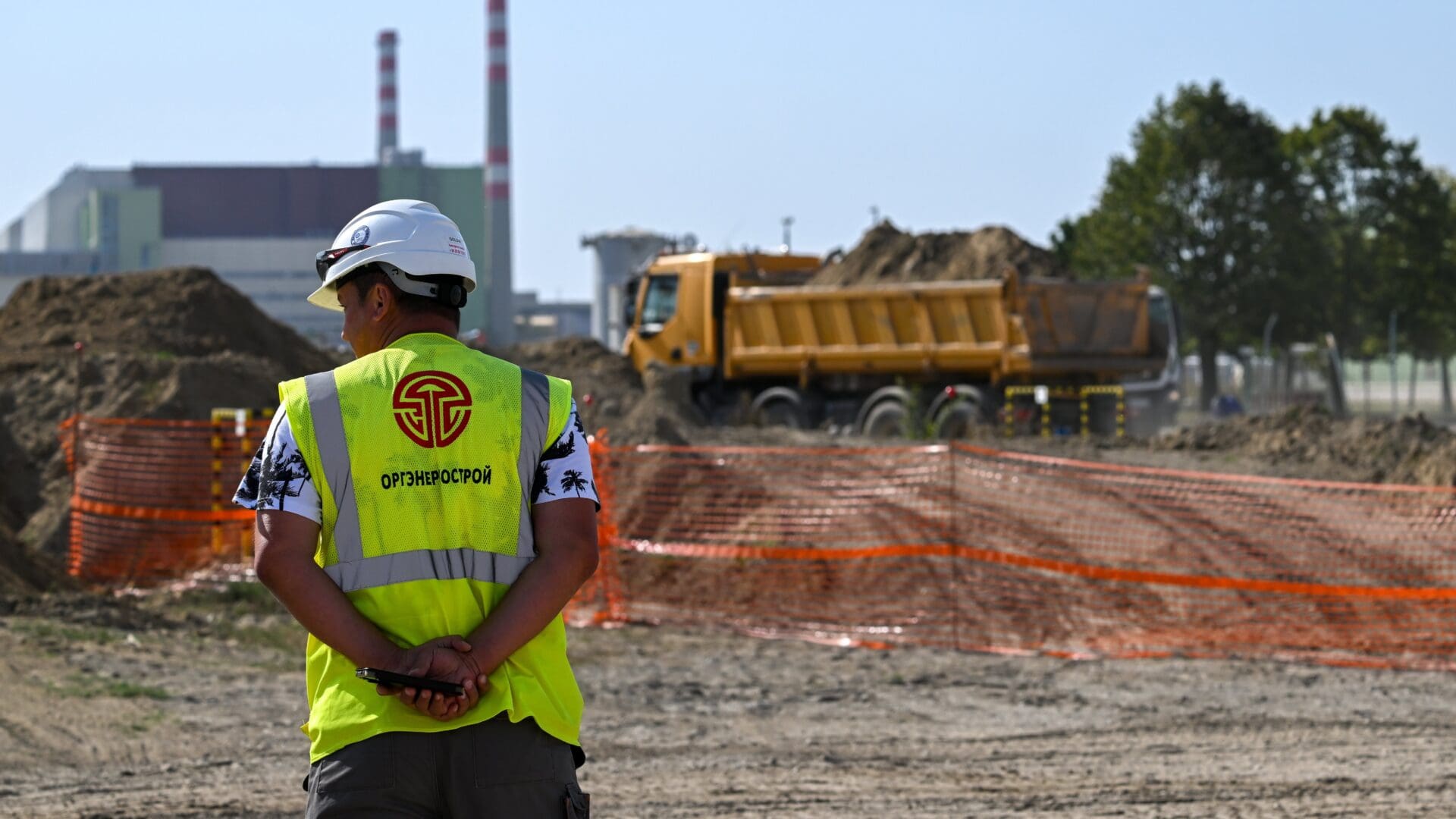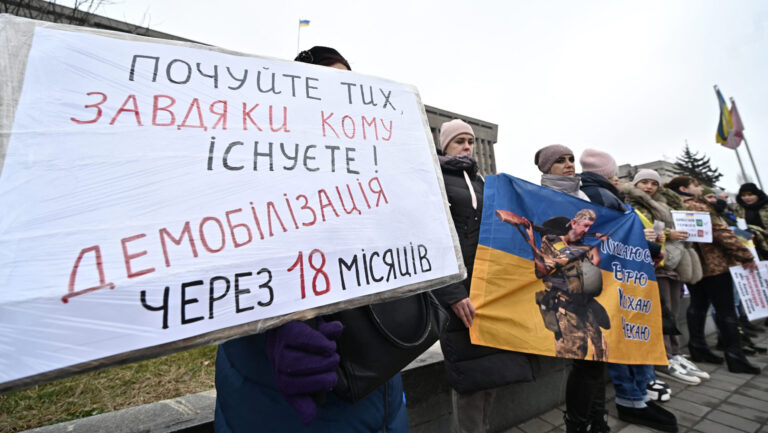‘The expansion of the Paks nuclear power plant is taking place under the strictest security and environmental regulations. The two new blocks will be surrounded by a double reinforced concrete wall that can withstand even the most severe external impacts,’ said the Minister of Foreign Affairs and Trade Péter Szijjártó on Monday in Budapest.
According to the ministry’s statement, the minister reported on the progress of the Paks project during a hearing of the Sustainable Development Committee of the National Assembly, welcoming the fact that the visible phase of the project is now underway.
‘The two new blocks will be absolutely “Fukushima-proof,”
meaning that they will be surrounded by a double reinforced concrete wall, providing a hermetic protective structure that can withstand all external impacts, including the most severe ones, explosions, or even an airplane crash,’ he said. He informed that the site is currently undergoing ground preparation work, and several building permits have already been issued. The construction of long lead-time equipment has begun, and a German–American joint venture is working on the containment wall. ‘I want to assure you that everything happening in Paks complies with the strictest regulations for safety and environmental protection,’ he emphasized.
He also mentioned that, in addition to 94 Hungarian companies, US, French, German, Swedish, and Austrian companies are also subcontractors in the construction project. Péter Szijjártó stressed that improving competitiveness and protecting the environment must go hand in hand because disrupting this balance in any direction would cause more harm than benefit. He reminded that according to the National Energy and Climate Plan, greenhouse gas emissions must be reduced by at least 50 per cent by 2030 compared to 1990 levels, and it is currently at 32 per cent, while record-breaking economic achievements have been made year after year. ‘There are 20 countries in the world that have managed to increase their GDP while reducing their emissions,’ he underscored.
Log in or sign up to view
See posts, photos and more on Facebook.
He emphasized that ensuring energy supply security is also essential during the green transition. ‘To achieve this, we need to treat the green agenda not as a political and ideological monopoly but as a real issue with both feet on the ground,’ he noted. He pointed out that electricity will play an even more significant role, with a 50 per cent increase in the average electricity consumption of European Union member states by 2030.
The minister described it as a complex issue to produce electricity in an affordable, safe, sustainable, and large-scale manner while reducing dependence on the extreme price fluctuations in the international energy market.
‘Only nuclear energy is capable of meeting these four criteria.
Nuclear energy can produce large quantities of electricity affordably, safely, and with environmental protection,’ he said. ‘There is a huge debate on this issue within the European Union. Member states are divided…We believe that it would be worth keeping these debates in the field of rationality. Unfortunately, there is very little of that in these debates, as political and ideological issues are mostly predominant, and rationality plays a smaller role,’ he lamented.
He reminded that in Hungary, 65 per cent of electricity production is already carbon-neutral, with 80 per cent of it attributed to nuclear energy. The Paks blocks operate at 90–91 per cent capacity, with continuous fuel supply, while weather-dependent production methods can only meet a minimal part of the demand during consumption peaks. He also noted that the environmental footprint of nuclear power plants over their entire lifecycle is not larger than that of other carbon-neutral technologies, and nuclear reactors achieve the best results in terms of how much arable land needs to be sacrificed for the production of one megawatt of energy.
He added that with the expansion of the Paks plant, 17 million tons of carbon dioxide emissions and 3.5 billion cubic metres of natural gas imports can be replaced. To illustrate the magnitude of these numbers, he mentioned that the total carbon emissions of the entire Hungarian transport sector amount to 12 million tons annually, and all the domestic forest areas can absorb six million tons of carbon dioxide emissions each year. The minister also addressed solar power capacity, pointing out that last year, they achieved a total capacity of 4,000 megawatts, accounting for 13 per cent of the total electricity production, which ranks among the top three results in the EU. By October of this year, a total of 5,400 megawatts of solar power capacity has been installed, with more than 2,100 megawatts coming from small-scale power plants.
‘We will reach the 6,000 megawatt goal much earlier than initially planned. 2030 was the target, and compared to that, we are already at 5,400 megawatts, so we can easily advance the 2050 goal to 2040,’ he announced. ‘If we continue the nuclear project and progress with solar energy projects at this pace, I believe that by the beginning of the next decade, we can proudly say that we can provide almost 100 per cent carbon-neutral and self-sufficient electricity for the country’s population and economy,’ he concluded.
Related articles:








